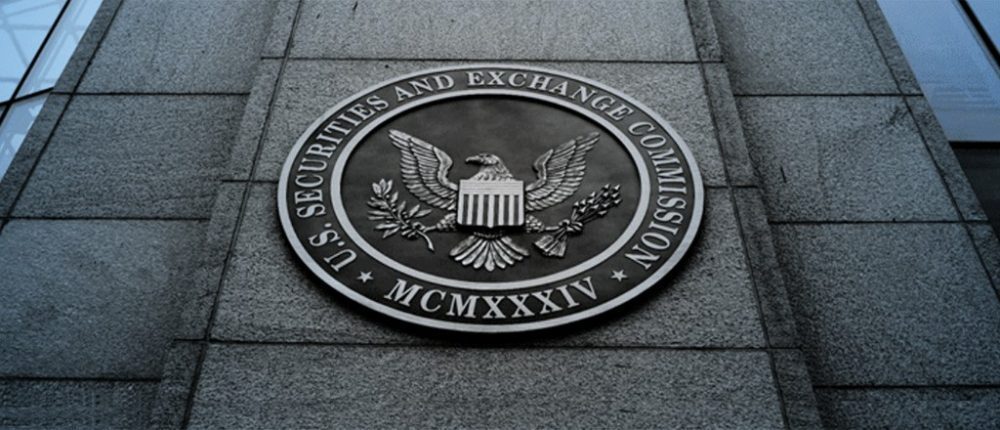
The Securities & Exchange Commission (SEC) voted to undermine the shareholder resolution process and thereby the ability of investors to pressure corporations to be accountable for their social and environmental impacts. Shareholder resolutions have been successfully filed for decades, leading to greater corporate accountability – benefitting all shareholders and stakeholders. The rule change benefits Corporate America at the expense of workers, consumers, communities, investors, and other stakeholders.
The SEC can expect the rule to face legal and legislative backlash and widespread investor and stakeholder condemnation demanding its repeal.
“This is another attack on the ability of shareholders to improve the companies in which they invest by limiting the resolutions put before corporate management – and limiting who can file resolutions. It’s part of an overall strategy by Corporate America to weaken corporate responsibility and undercut progress on social and environmental issues,” said Fran Teplitz, Green America’s executive co-director for business, investing & policy. “The rule remains unacceptable even with the elimination of the “momentum’ provision.”
Teplitz added: “Small, individual shareholders will be the most negatively impacted by the rule, including by no longer being permitted to band together to aggregate their shares to meet the required thresholds for submitting resolutions. The SEC is thereby working against its own mission to protect investors of all asset levels. And by raising the thresholds required to submit resolutions, and the number of resolutions allowed per investor representative, it’s clear the SEC wants to shield Corporate America from the resolutions that push companies to clean up their acts.”
SEC Commissioner Caroline A. Crenshaw said, “the implication of today’s rulemaking is that the wealthy are more likely to possess ideas worthy of corporate consideration. That is one way to reduce the burden on corporations, but I believe that that is a bad result.”
The shareholder resolution process has been used successfully for decades to promote corporate transparency, accountability, and improved practices. No changes are needed to the shareholder resolution process which is strongly supported by individual and institutional investors. During the recent public comment period on the rule, an overwhelming majority condemned the proposed SEC changes. The SEC truncated the public comment period for this rule to a mere 30 days and has rushed to a vote before the November presidential election.
Shareholder resolutions address a wide array of issues affected by corporate conduct, including human rights, worker rights, the climate crisis, agricultural issues, gender and minority pay disparity at companies, corporate board diversity, CEO pay, corporate political contributions and lobbying, and more. Now more than ever, responsible investors need to be able to raise these crucial issues as they have been doing for decades. As our society deals with the scourge of racism, the COVID-19 pandemic, and our planet is imperiled by the climate crisis, any changes to the shareholder process should enhance, not weaken, the ability to urge corporations to address their impacts on people and the planet.
Green America recognizes that society and the economy are best served for the long-term when companies address their social, environmental, and corporate governance impacts. Investors, companies, the economy, and all corporate stakeholders will only be hurt by the new rule. The shareholder resolution process needs no “fixes” and should stand as is.
“This effort to ‘modernize’ the shareholder process actually is a sign of its effectiveness as it currently works,” stated Teplitz. “The SEC wants to let companies off the hook so they can ignore issues they’d prefer not to address, even to the detriment of companies’ long-term value.”
HedgeThink.com is the fund industry’s leading news, research and analysis source for individual and institutional accredited investors and professionals



































